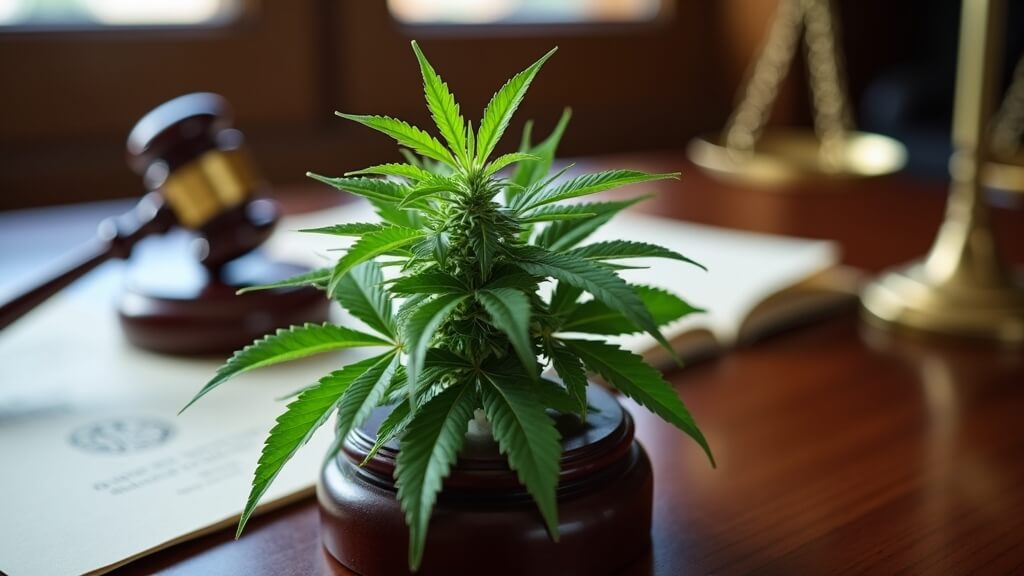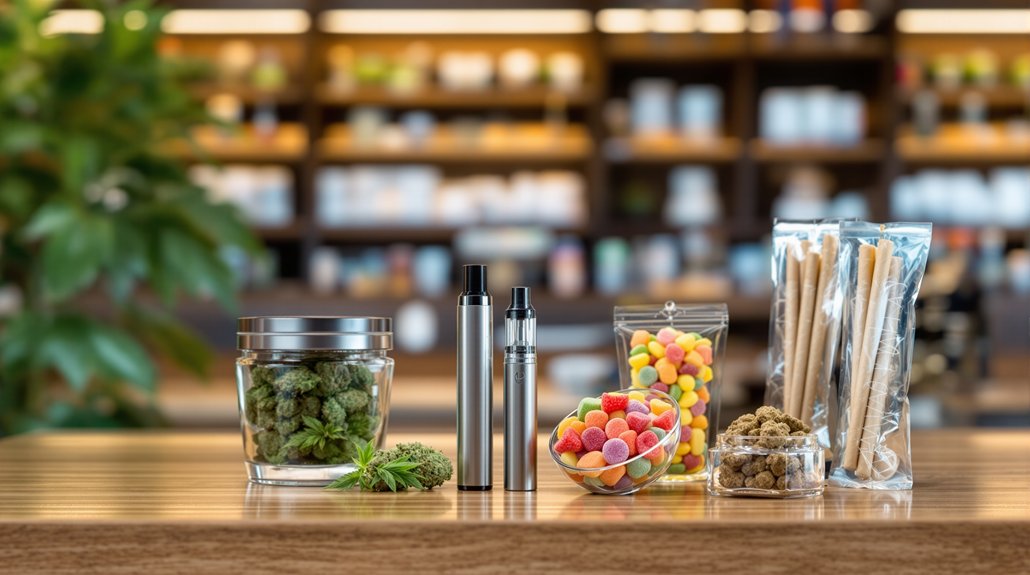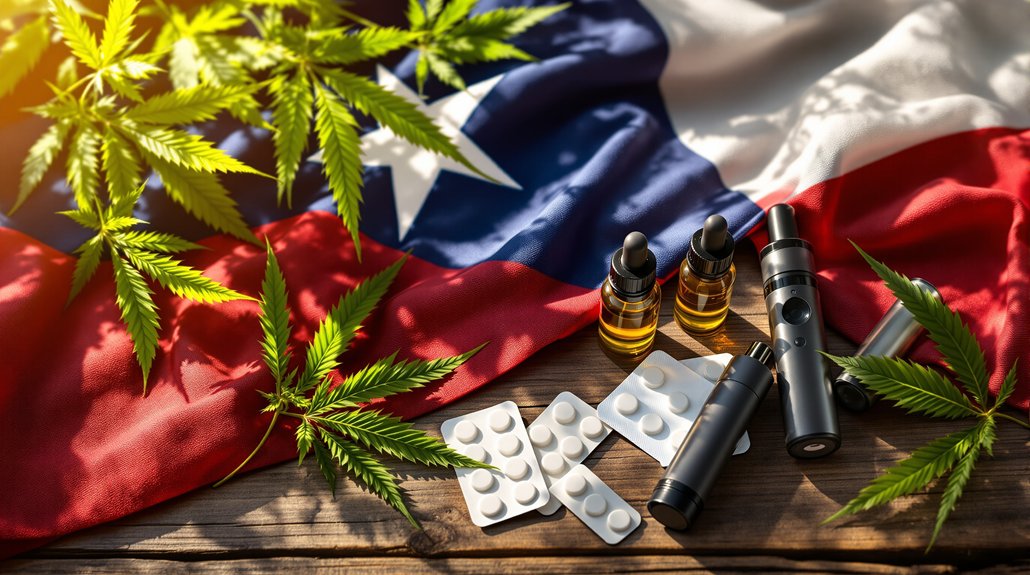Texas has officially banned THC vapes across the state, sparking intense debate about government regulation versus personal liberty. The new law, which took effect September 1, 2025, aims to protect minors from accessing these products but critics warn it may drive consumers toward unregulated black market alternatives. Supporters argue the legislation prioritizes public health, while opponents claim it restricts adult freedom of choice. The decision highlights a growing tension between safety concerns and individual rights that other states are watching closely.
Starting September 1, 2025, Texas implemented an extensive ban on hemp-derived and cannabinoid vapes through Senate Bill 2024, marking one of the most restrictive state-level prohibitions on THC-related products in recent years.
The thorough legislation targets all vape products containing THC, Delta-8, CBD, and THCA, fundamentally reshaping the state’s cannabis marketplace and igniting debate about public safety versus personal freedom.
The law specifically prohibits vapes manufactured in or marketed from China and other designated foreign adversaries, while also banning products disguised as candy, toys, or household items.
Unlike many drug-related statutes, Senate Bill 2024 focuses primarily on sales and marketing rather than criminalizing possession, creating a unique enforcement framework that targets retailers and distributors.
Violations carry serious consequences for businesses, with sale, marketing, or distribution of prohibited vapes classified as a Class A misdemeanor.
Texas retailers face up to one year imprisonment and $4,000 fines for selling banned hemp vapes under the new legislation.
Convicted retailers face up to one year in jail and fines reaching $4,000, creating powerful incentives for compliance.
The statewide application guarantees uniform enforcement across all Texas jurisdictions, eliminating potential safe havens for non-compliant businesses.
The retail impact has already begun manifesting months before the enforcement date.
Cannabis and vape businesses report significant inventory reductions as they prepare to clear shelves of soon-to-be-banned products.
Smoke shops and CBD stores face the loss of a major product category, with some business owners expressing concerns about potential black market growth following the ban’s implementation.
Lawmakers primarily justified the legislation as a youth protection measure, citing concerns about minors accessing intoxicating vape products in schools.
The specific prohibition of “minor-appealing” products, including those resembling food items or featuring cartoon characters, directly addresses marketing tactics that critics argue target underage consumers.
However, the legislature failed to establish a statewide minimum age requirement for THC product purchases, leaving retailers to impose their own age restrictions.
Medical cannabis patients receive limited accommodation through the Texas Compassionate Use Program, which provides the only legal exception for vape products under the new law.
This narrow exemption highlights the tension between public health concerns and patient access rights.
Civil liberties advocates argue the ban eliminates a safer, smokeless alternative for adult cannabis consumers, potentially forcing them toward unregulated or illicit market products that carry greater health risks.
Critics contend the prohibition represents government overreach into personal freedom and legitimate adult consumption choices.
The enforcement framework creates notable regulatory gaps, particularly the distinction between banned sales and legal possession.
Police may treat possession as a potential offense when they suspect vapes contain illegal substances, creating uncertainty for consumers despite possession not being explicitly criminalized.
Industry representatives advocate for thorough regulation rather than outright prohibition, arguing that proper oversight could address safety concerns while preserving consumer choice. The upcoming Farm Bill update may further complicate Texas regulations if it addresses the legal status of hemp-derived cannabinoid products at the federal level.
Senator Charles Perry introduced the legislation in March 2025, initially focusing on concealable e-cigarette forms before expanding to include broader prohibitions.
Importantly, the ban does not affect non-vape hemp consumables, meaning gummies and other Delta-8 and Delta-9 products remain legal for now.
This selective approach reflects ongoing legislative struggles to balance youth protection, adult freedom, and industry interests in Texas’s evolving cannabis landscape.









